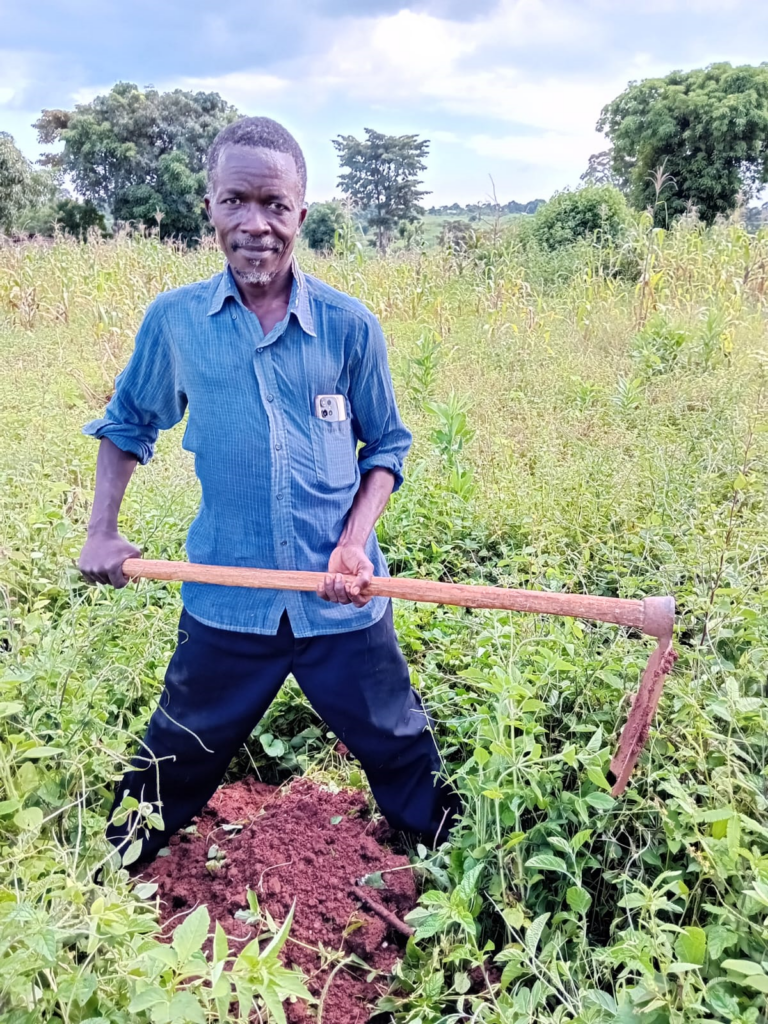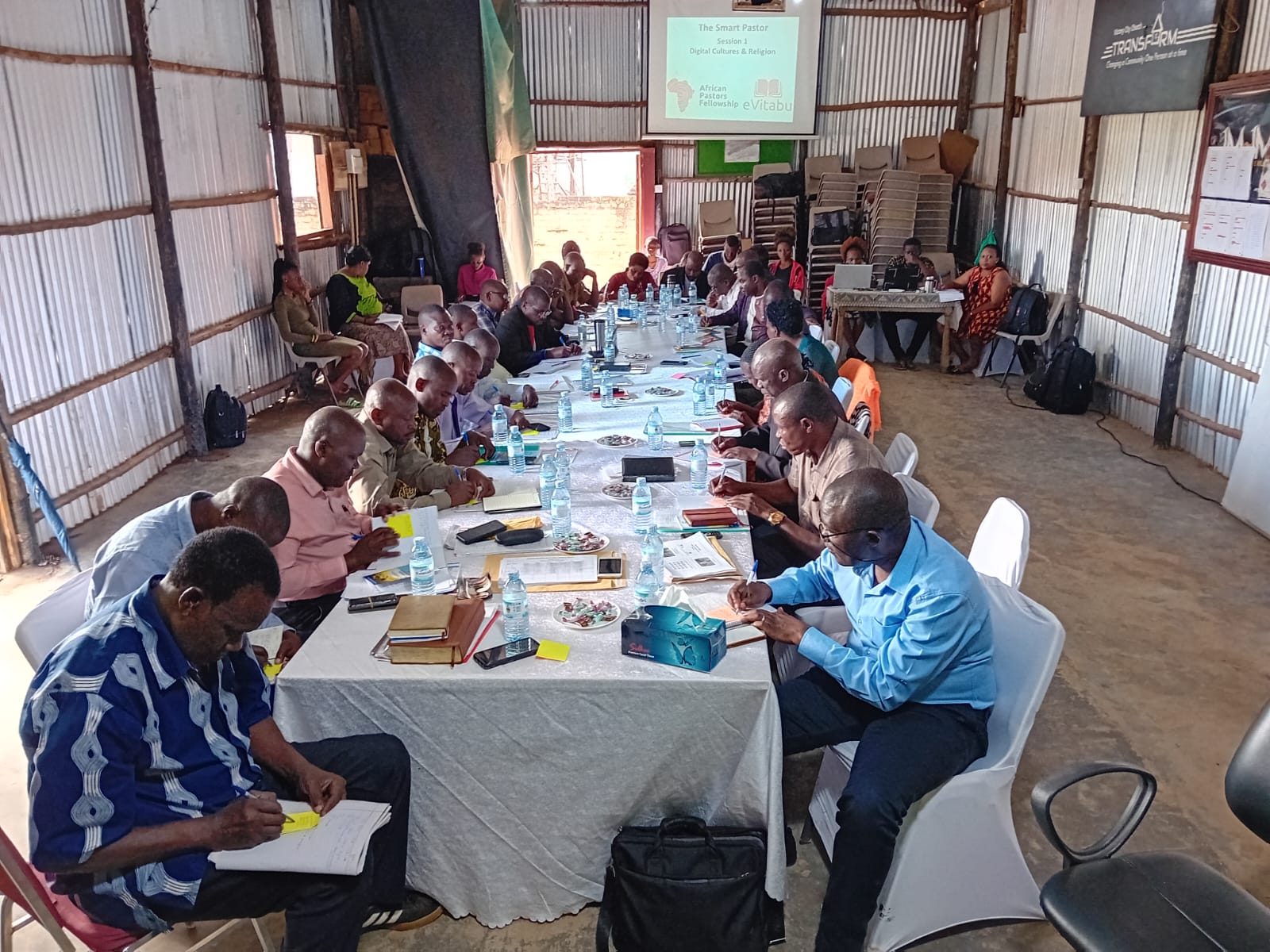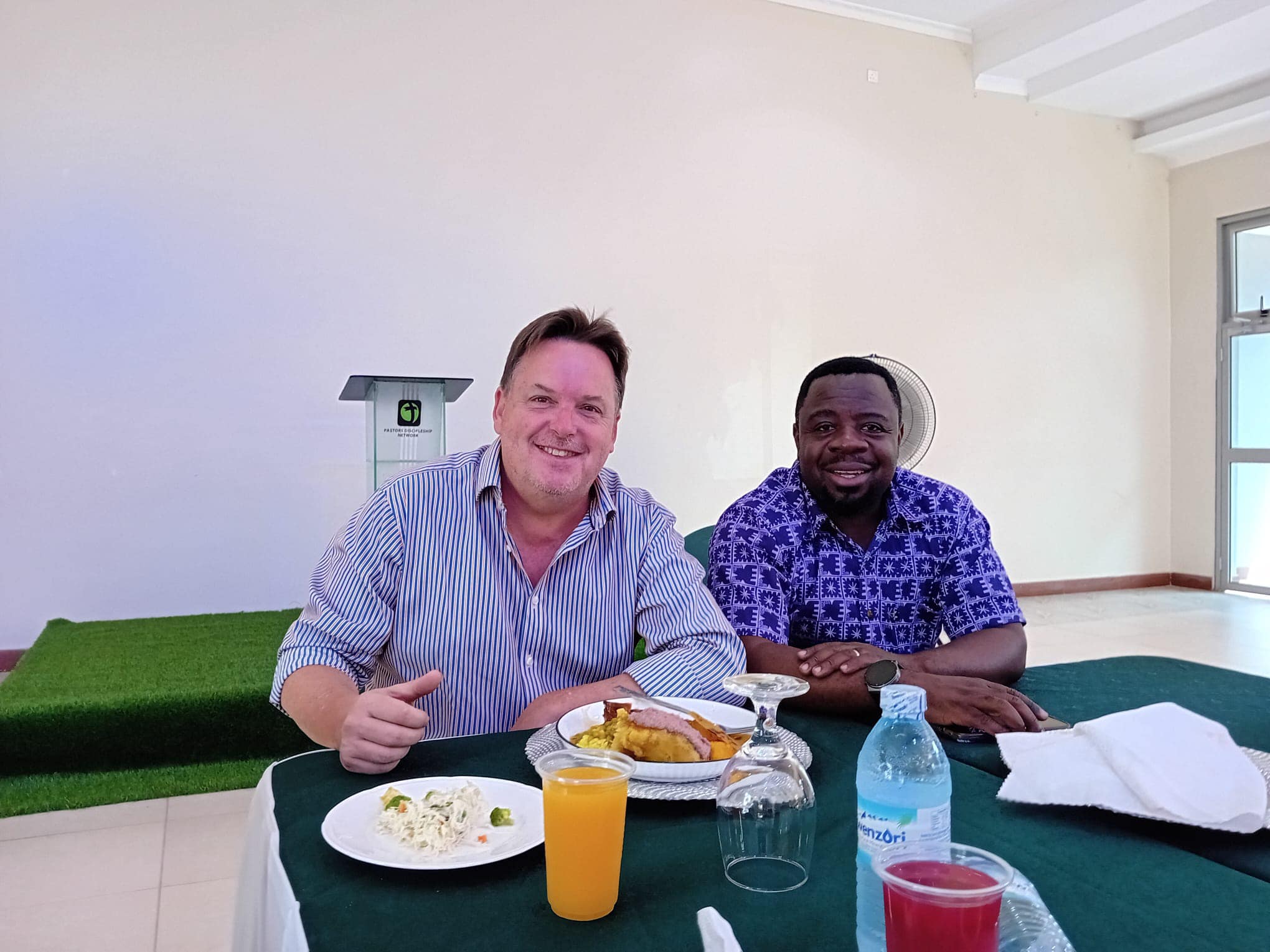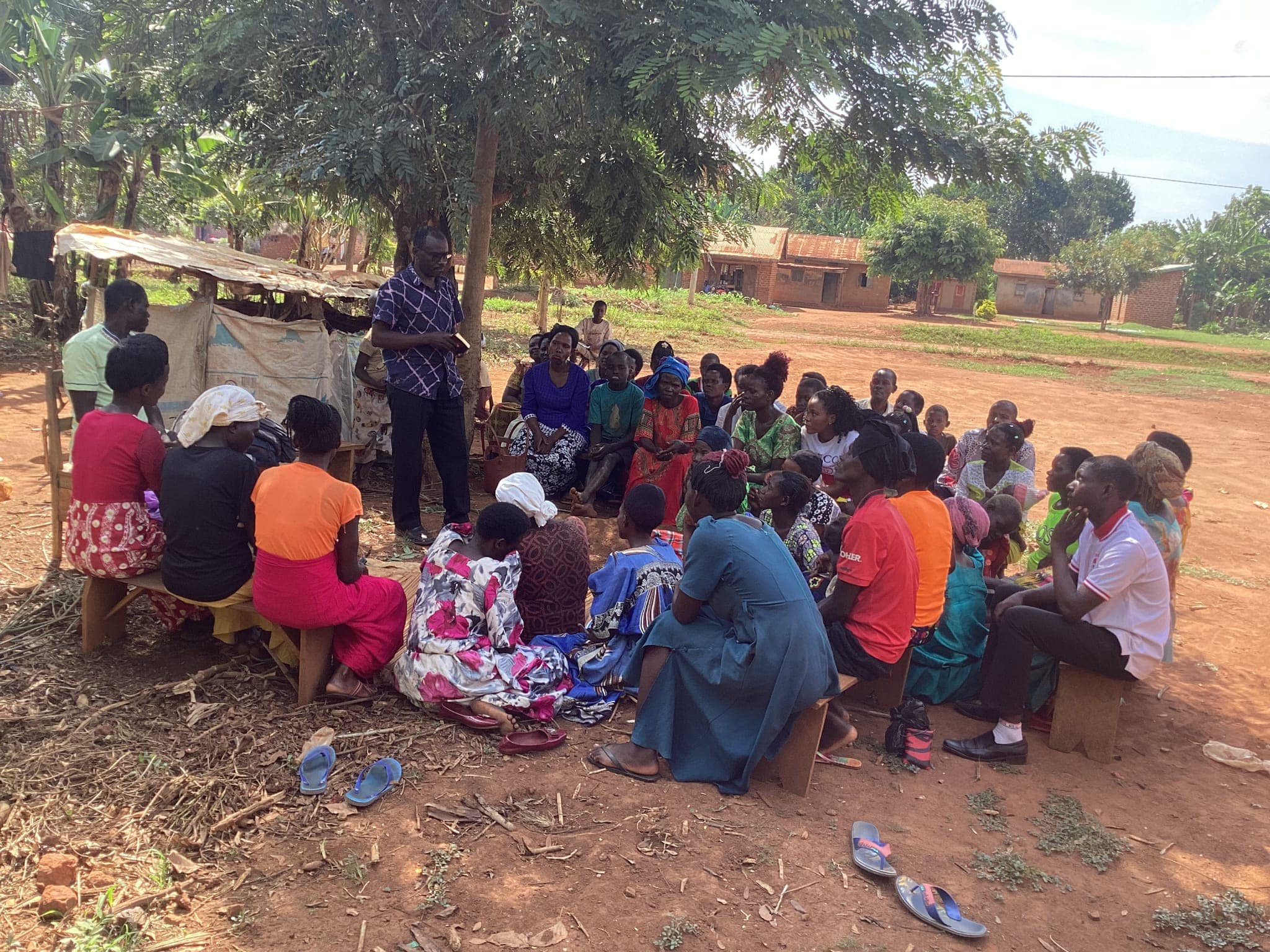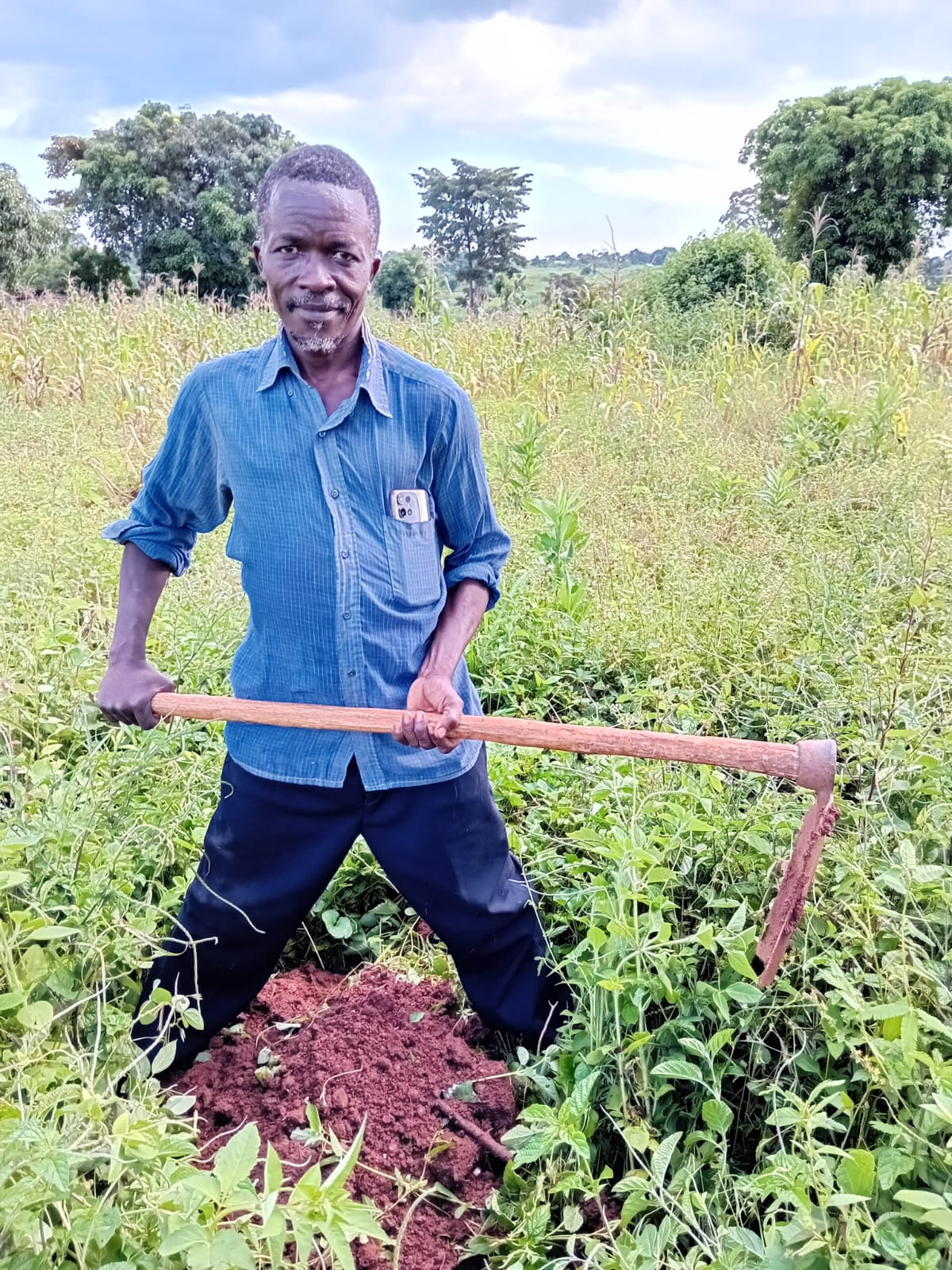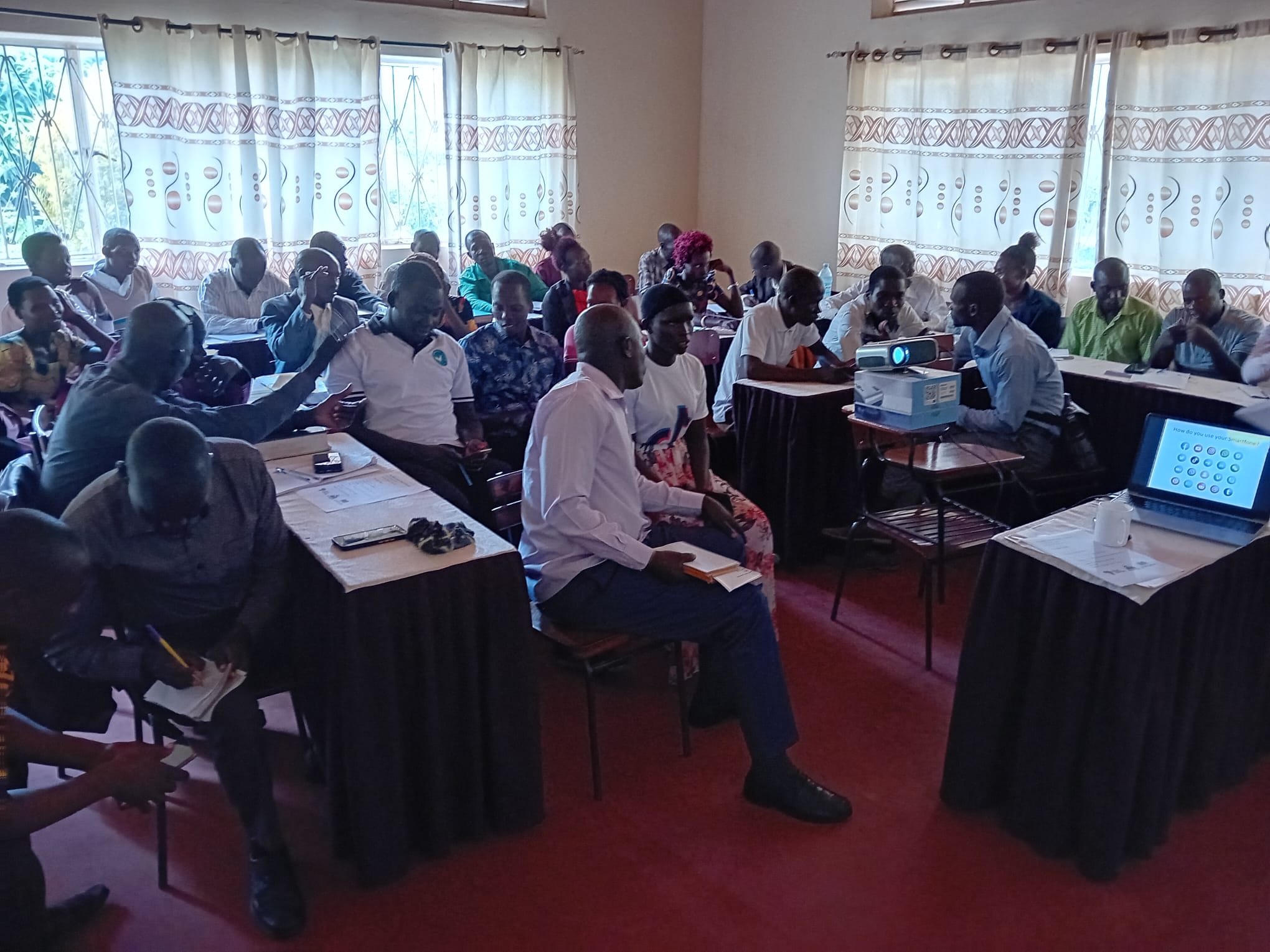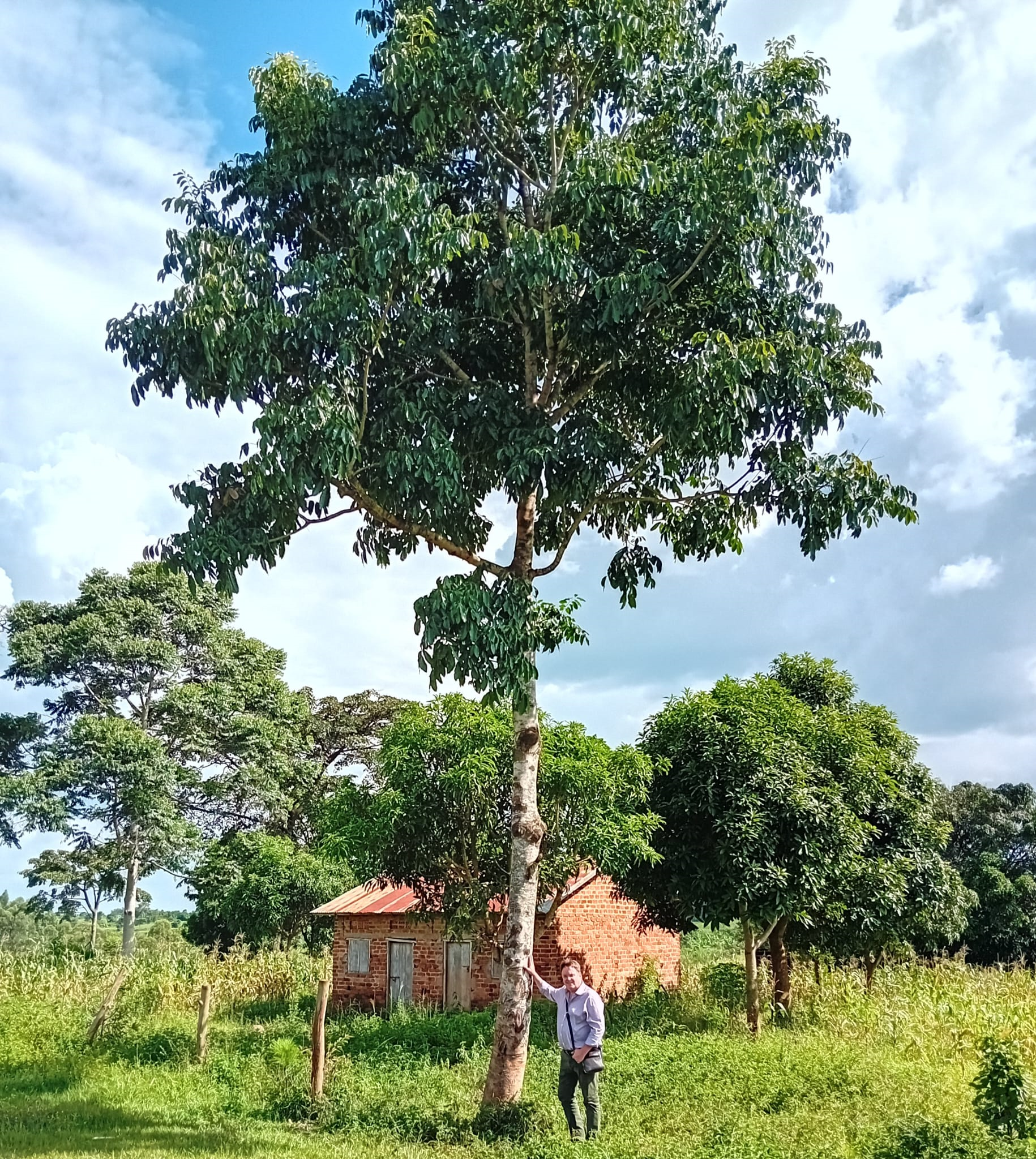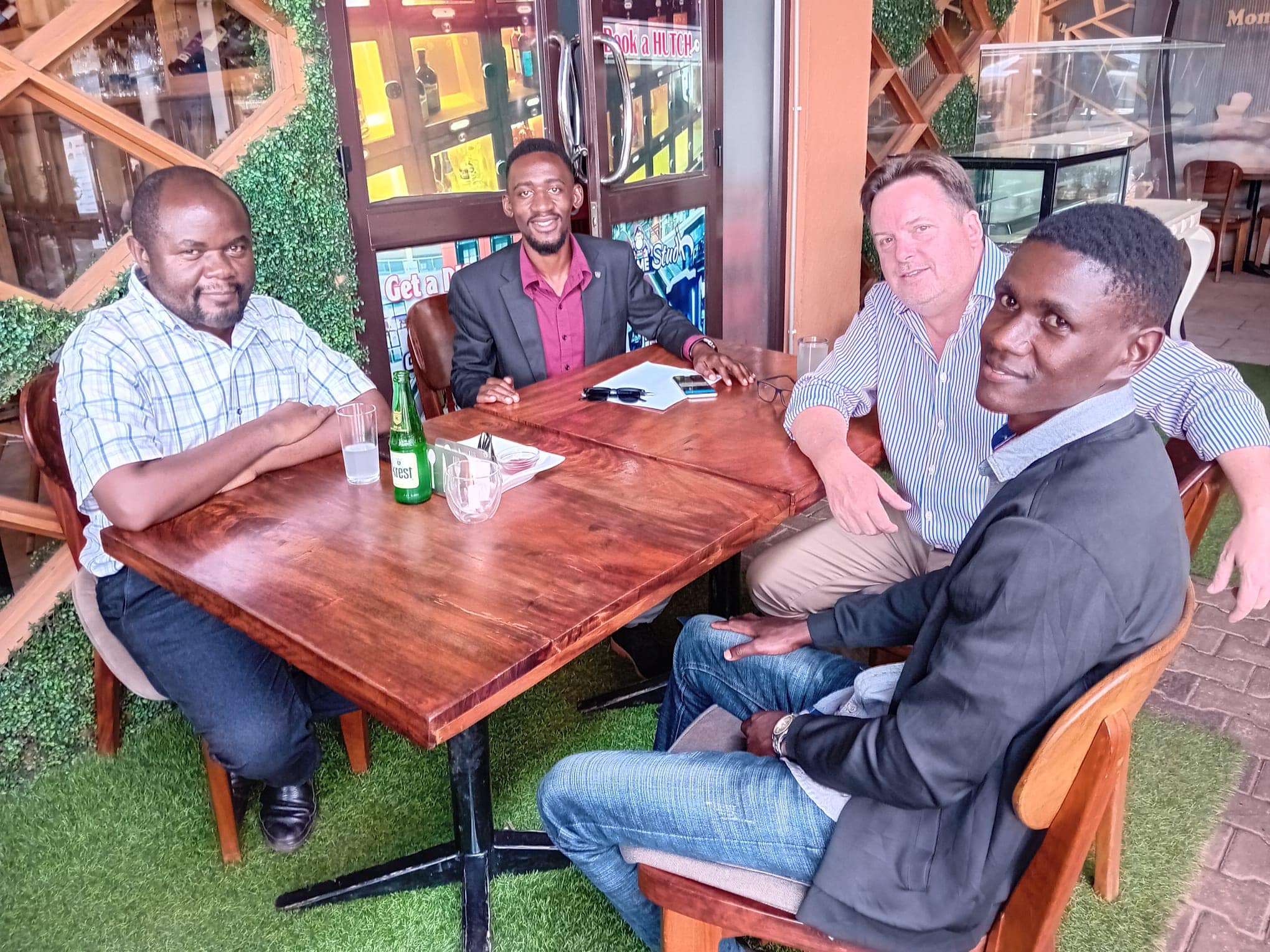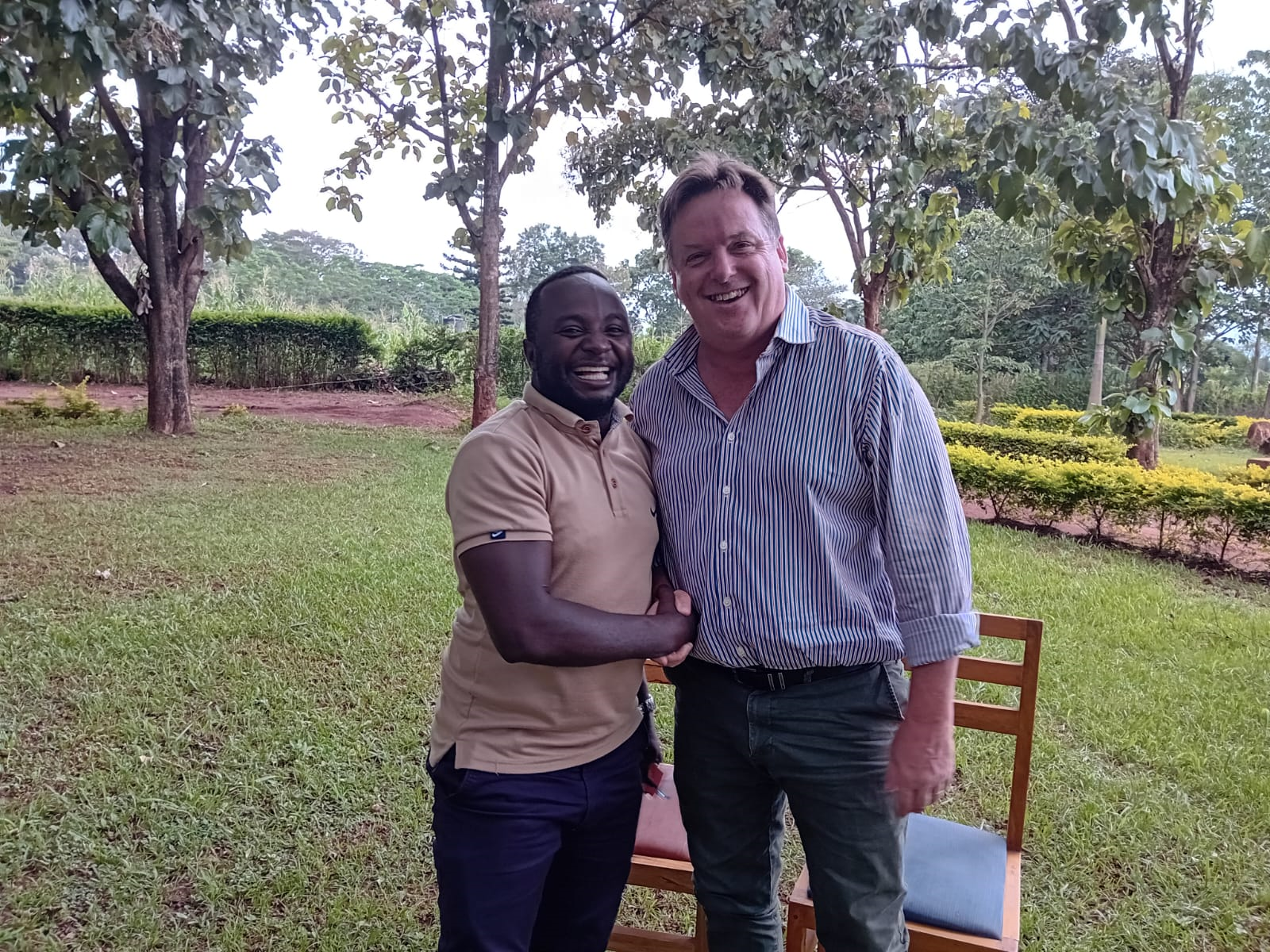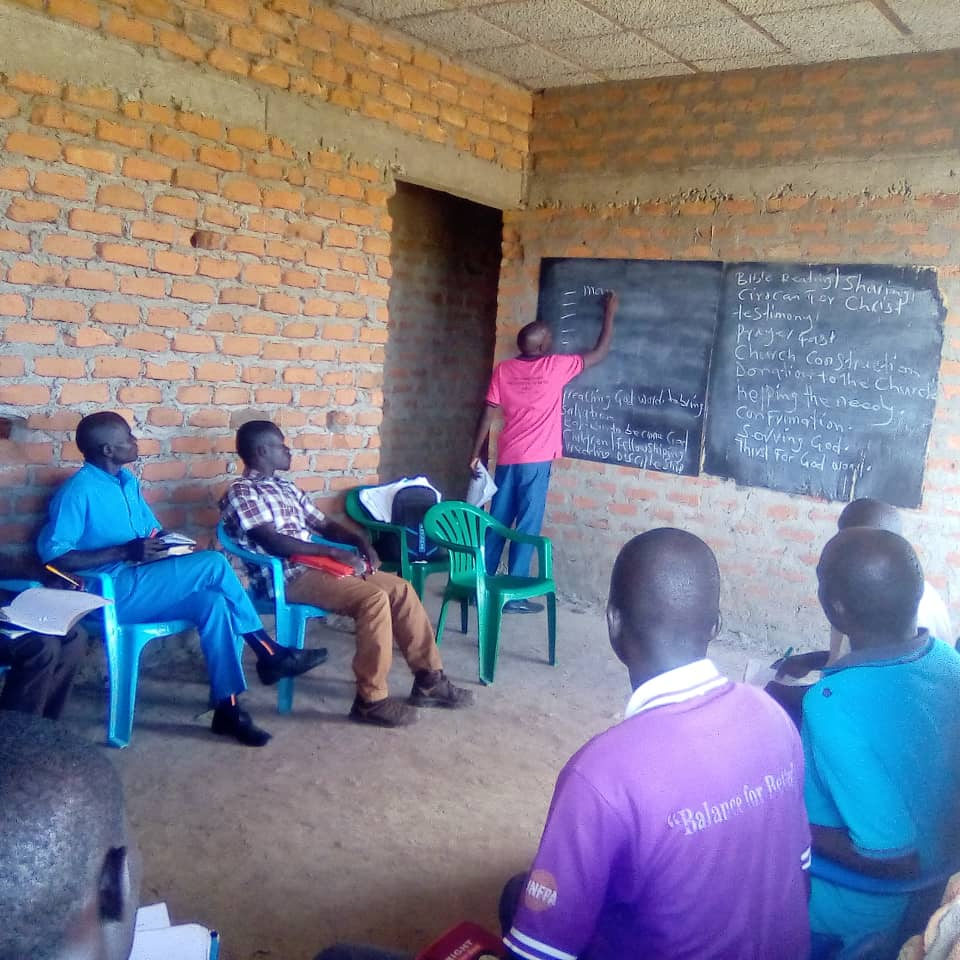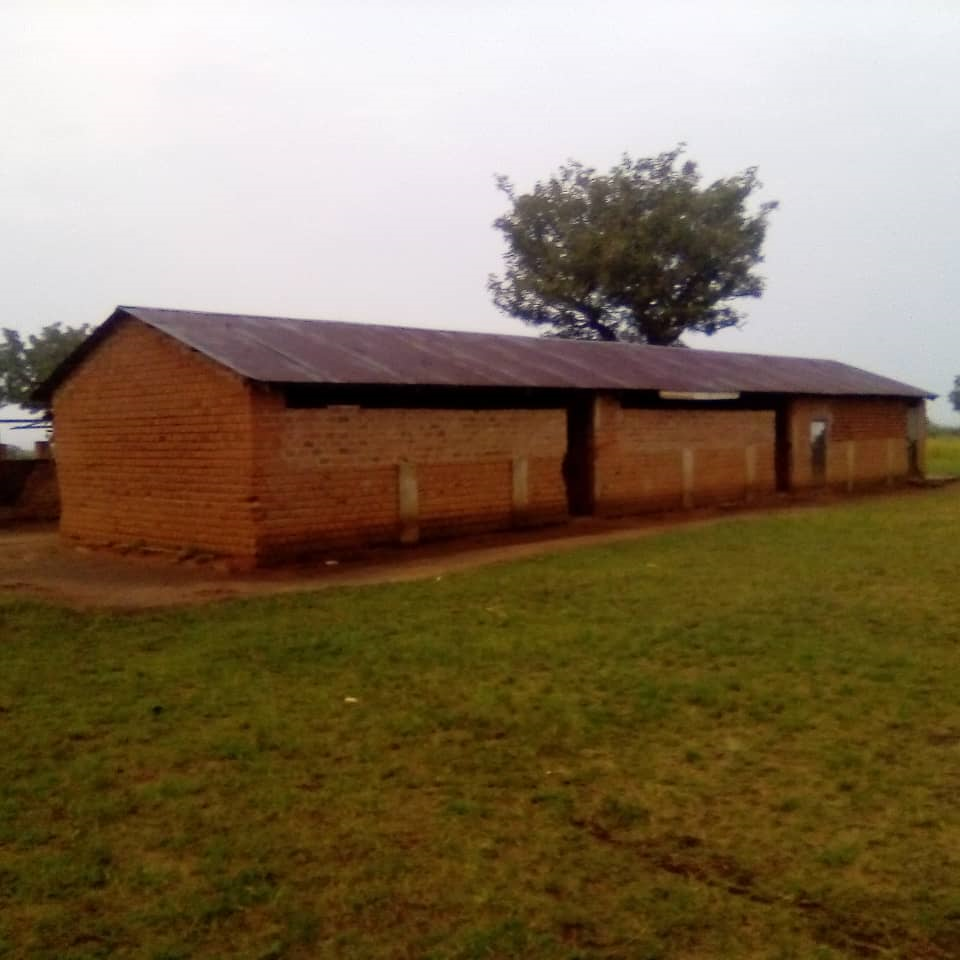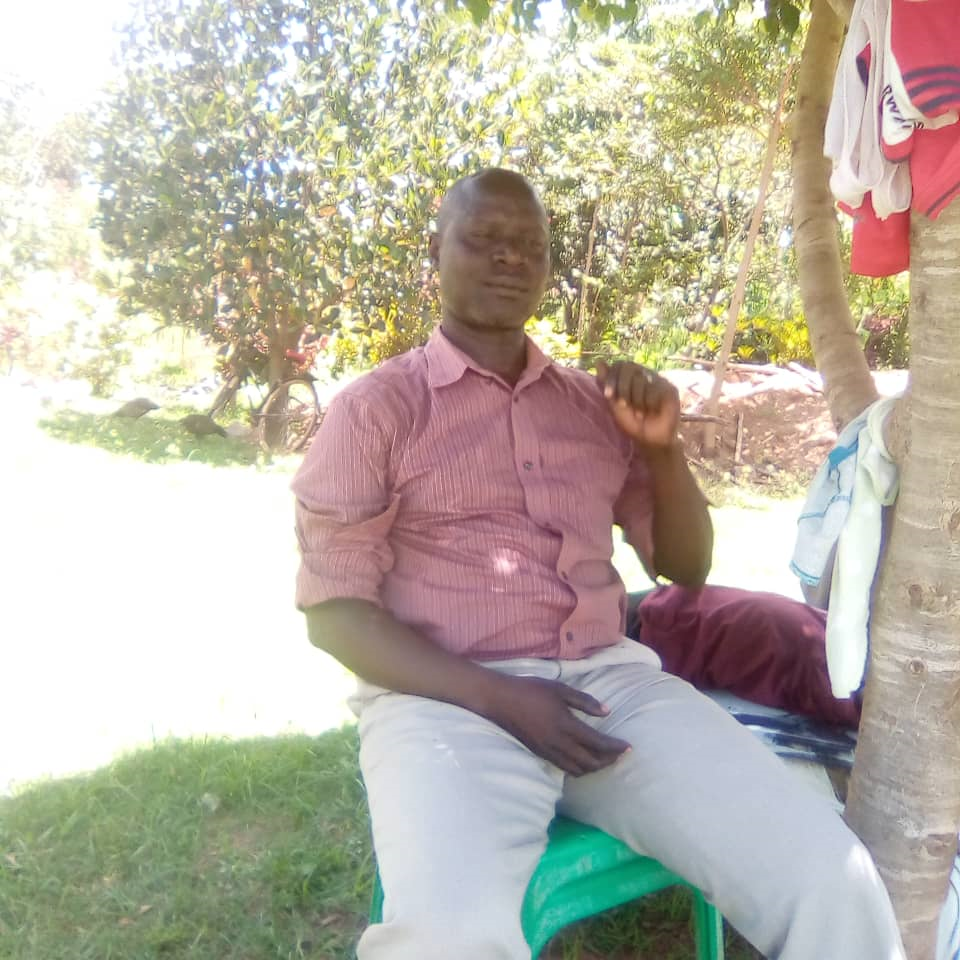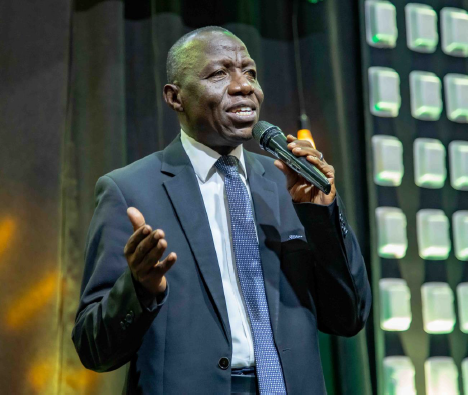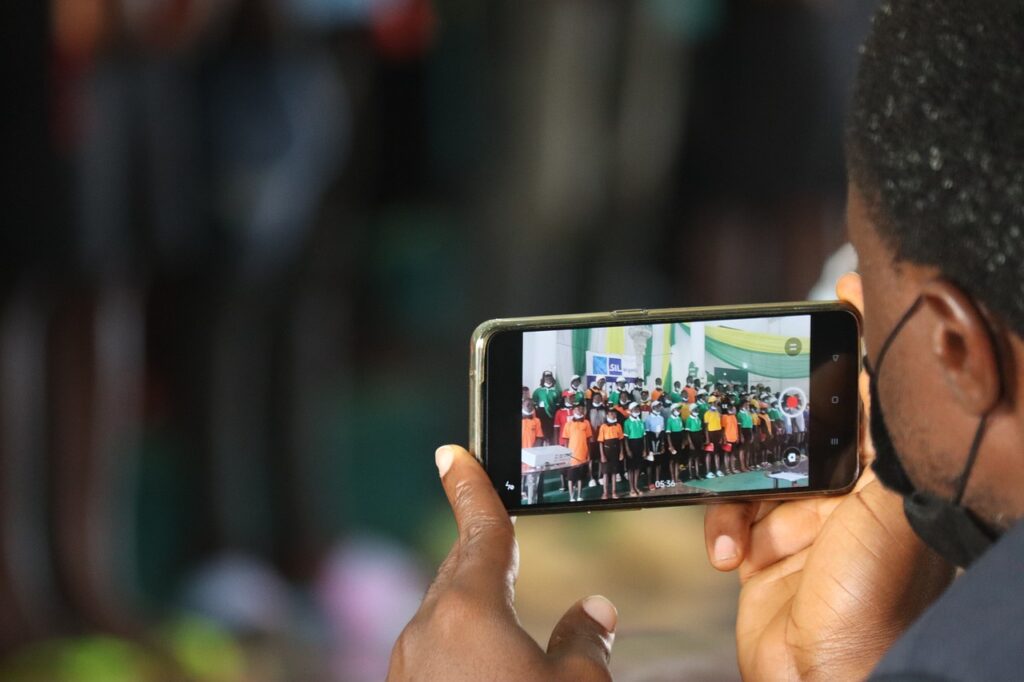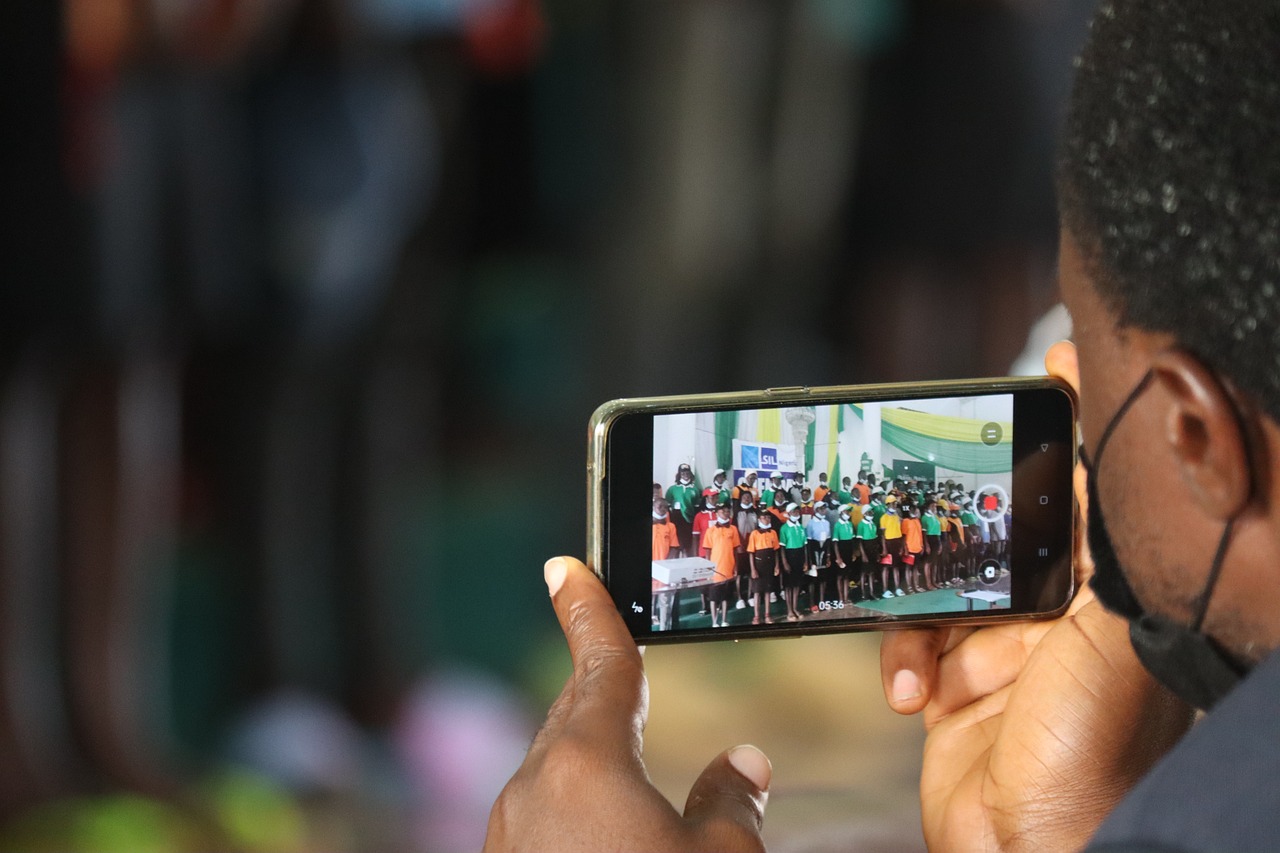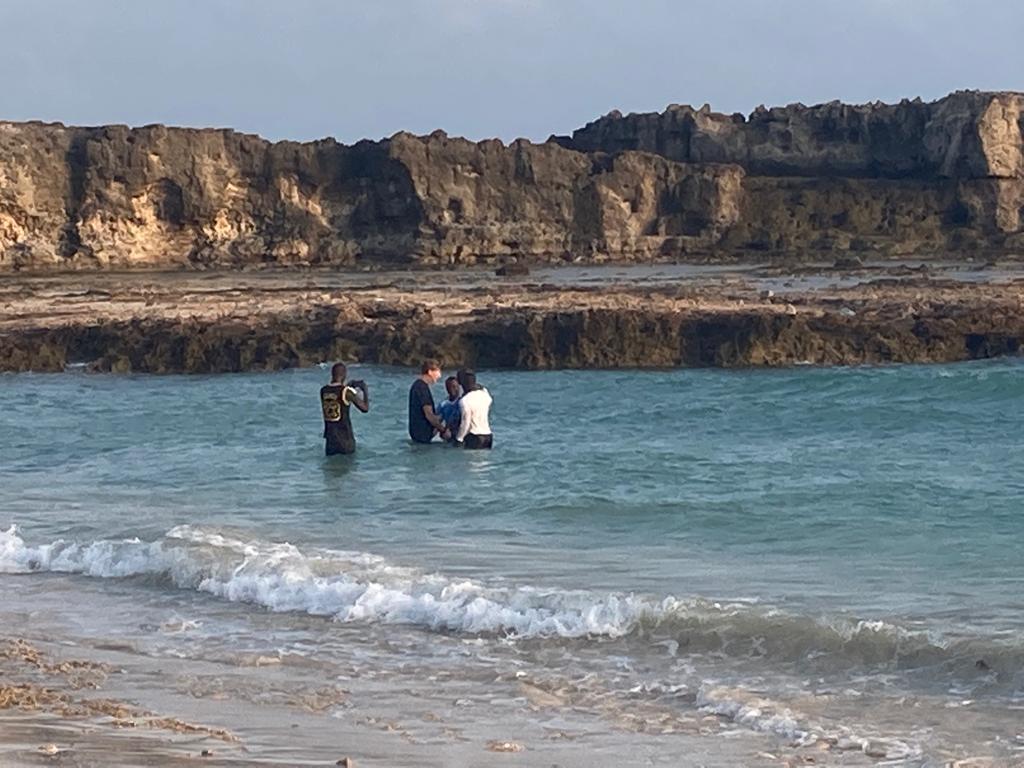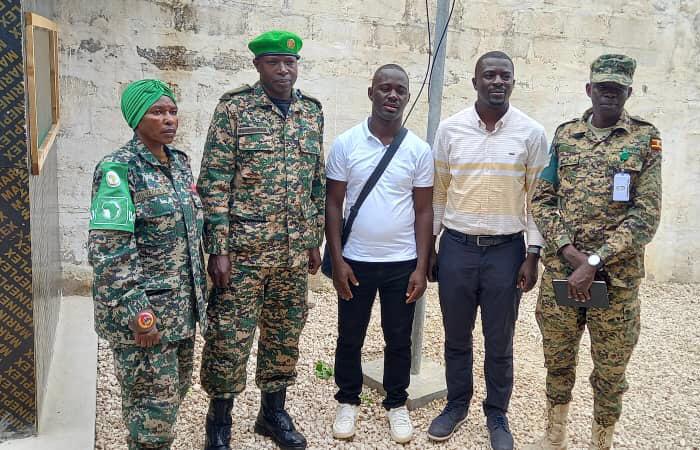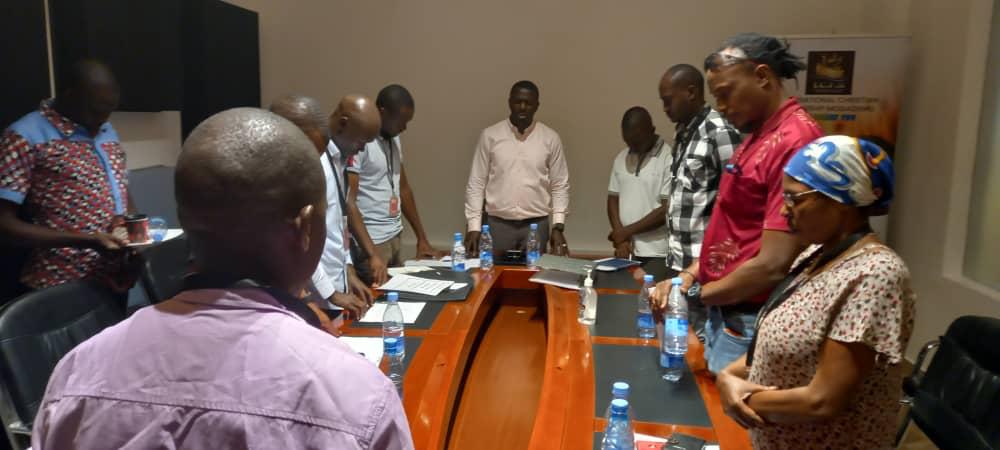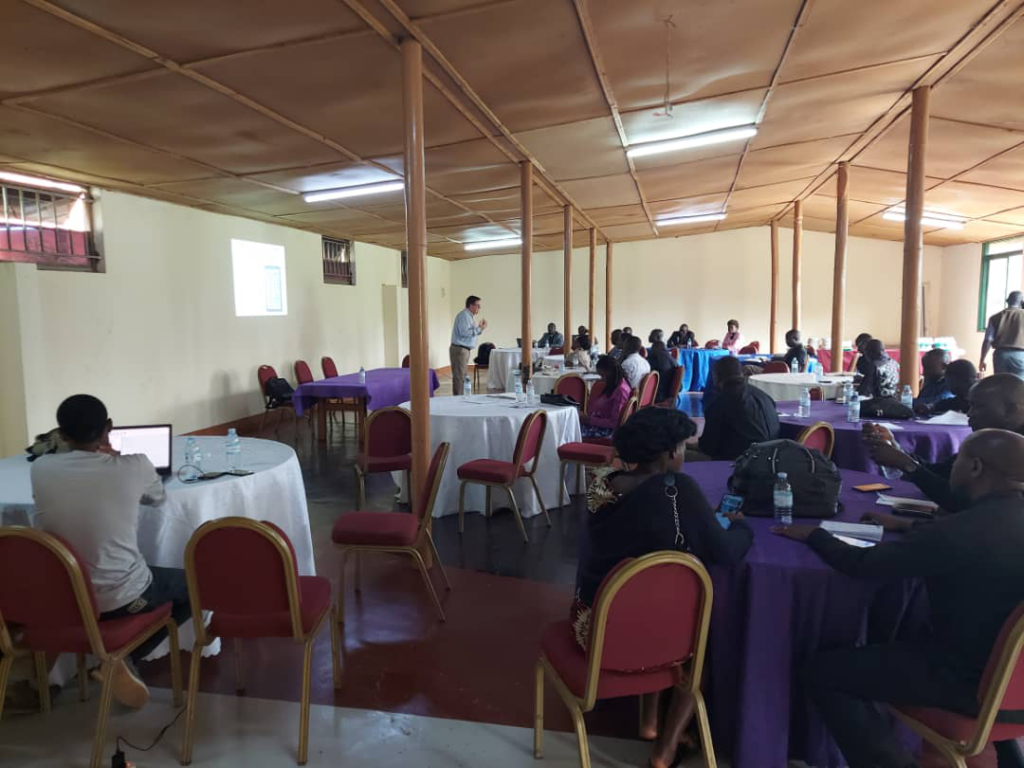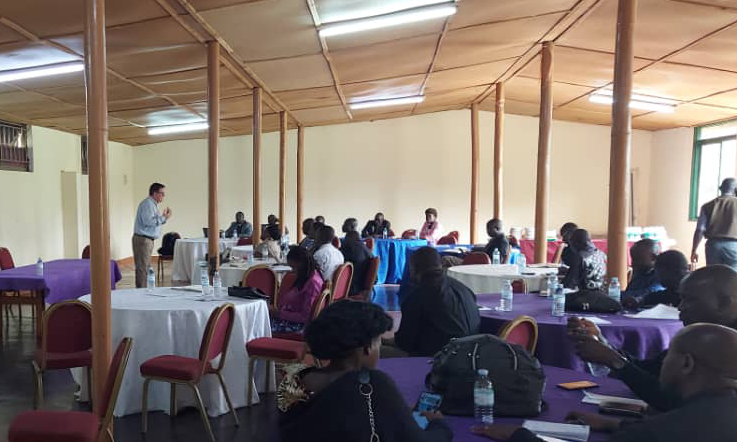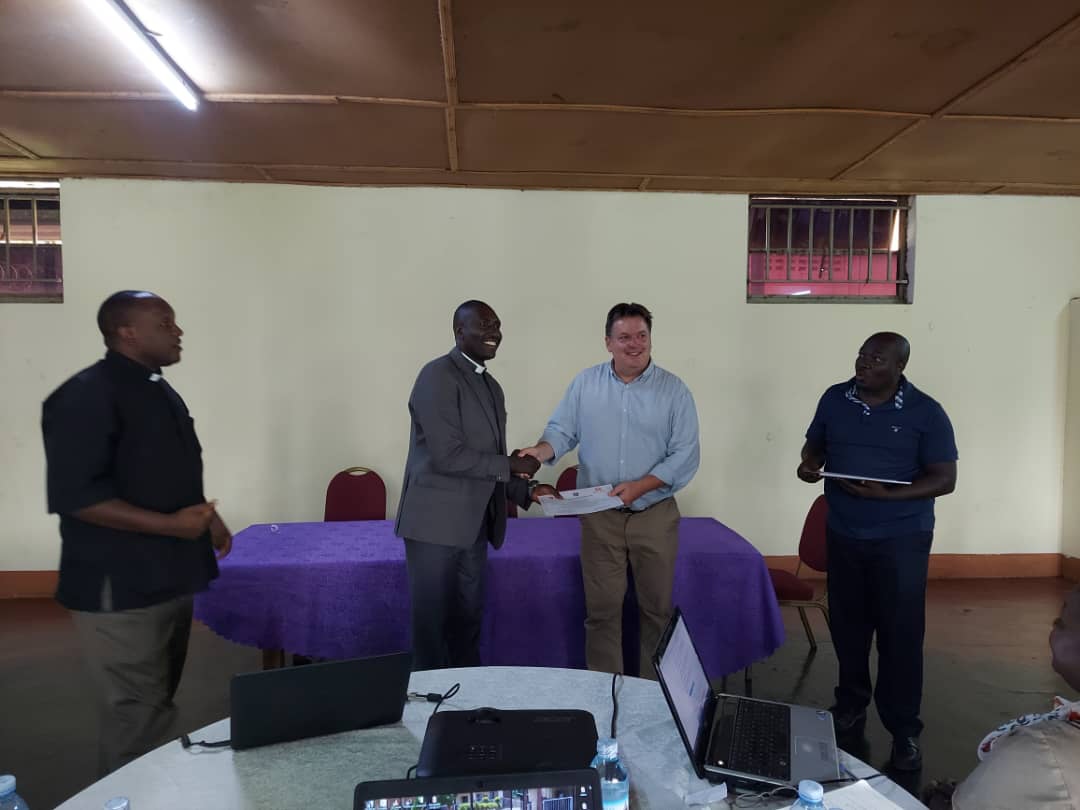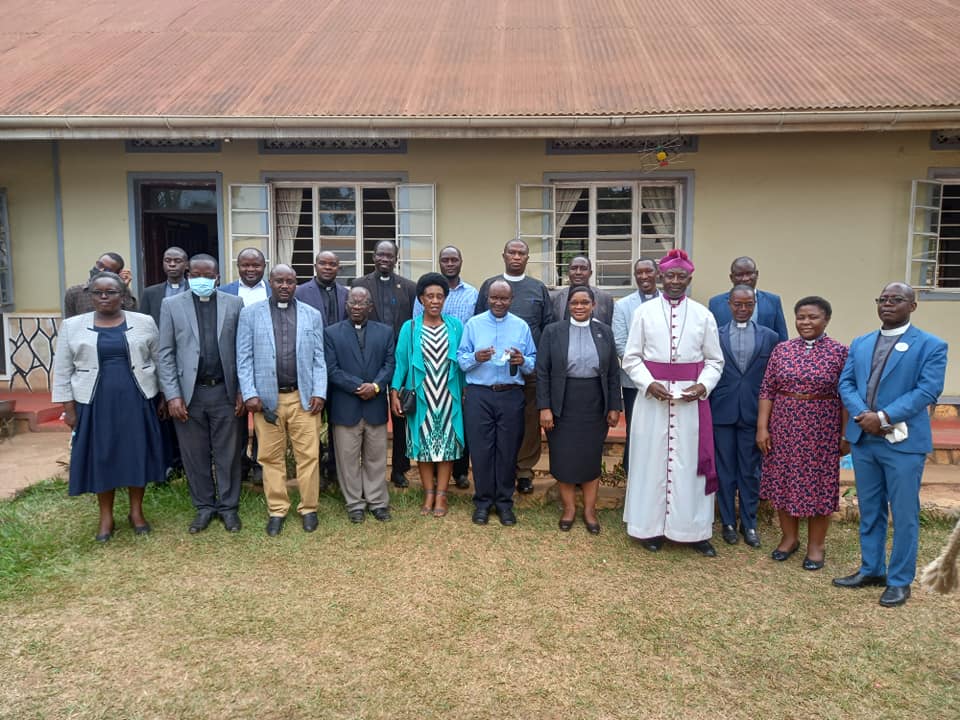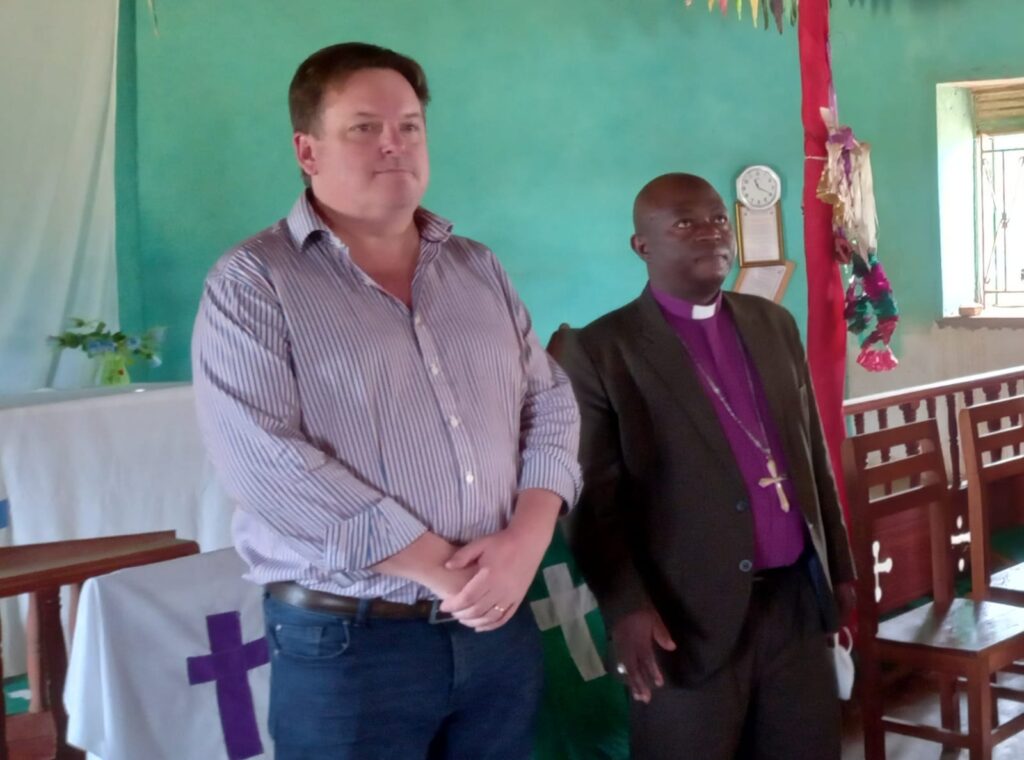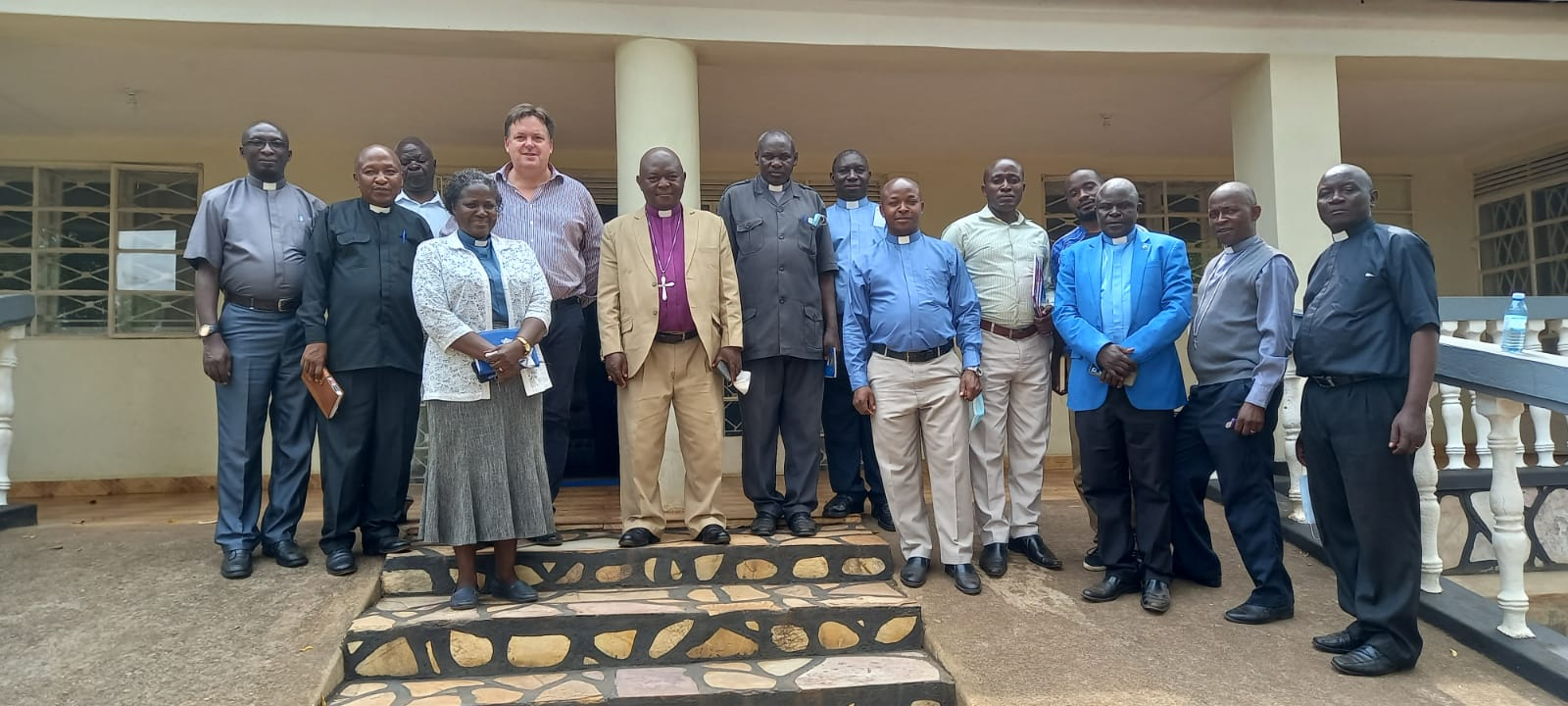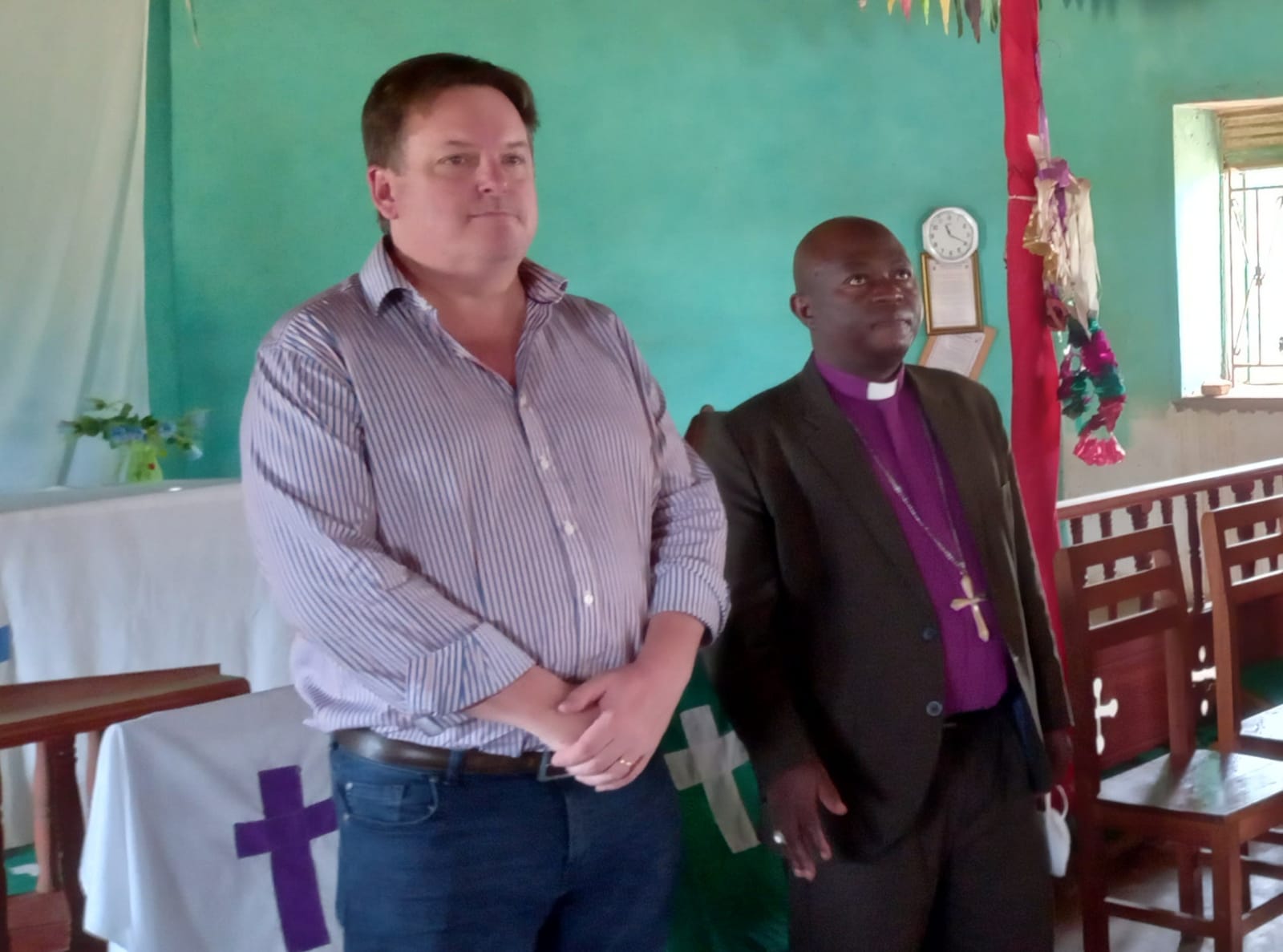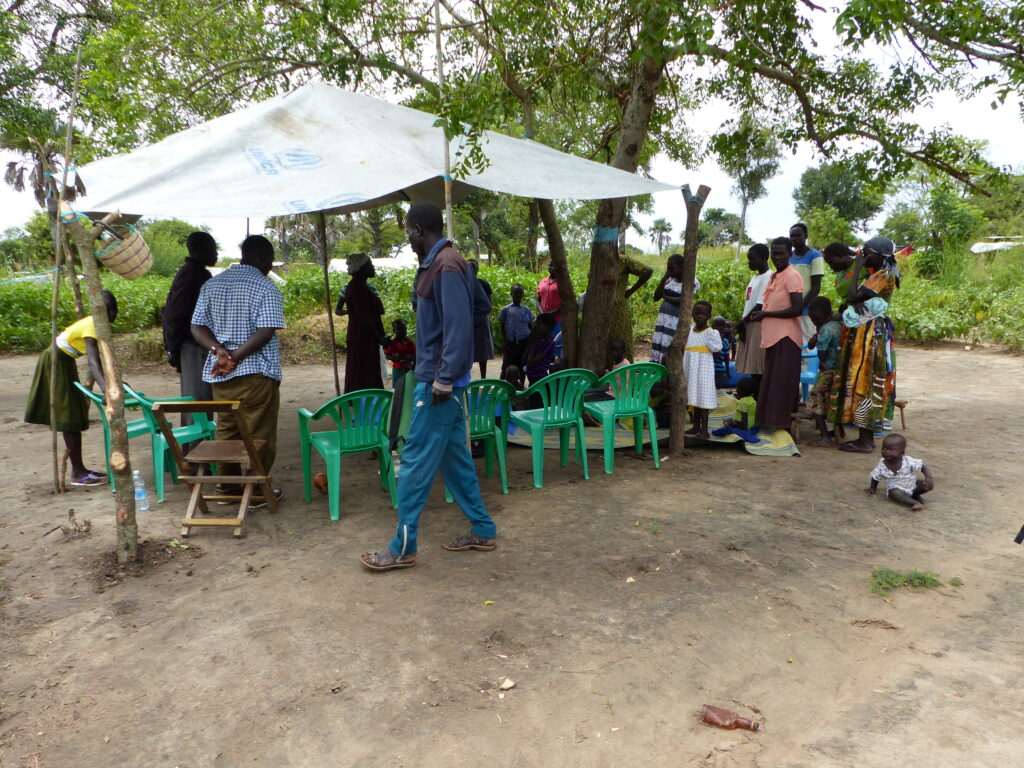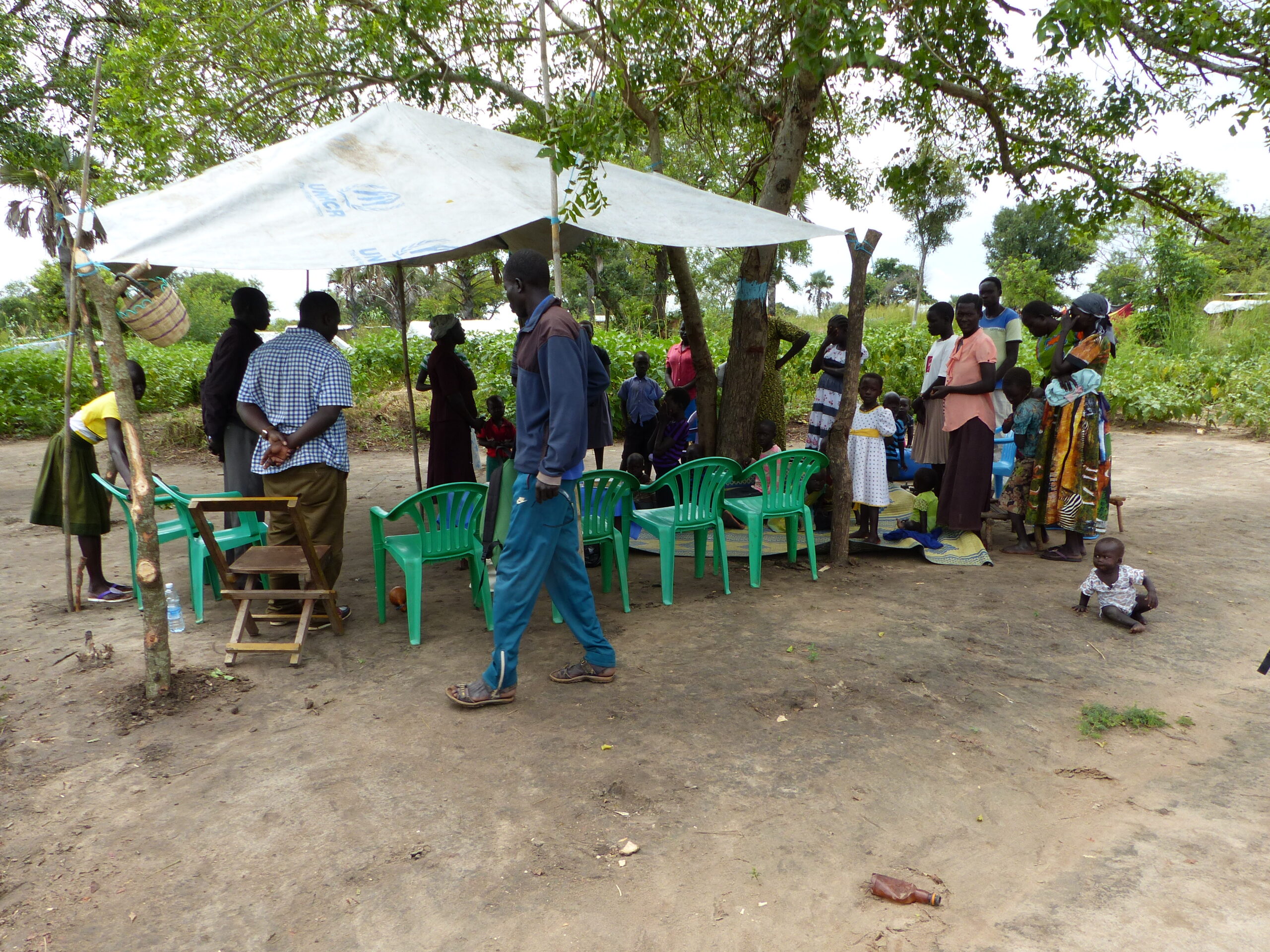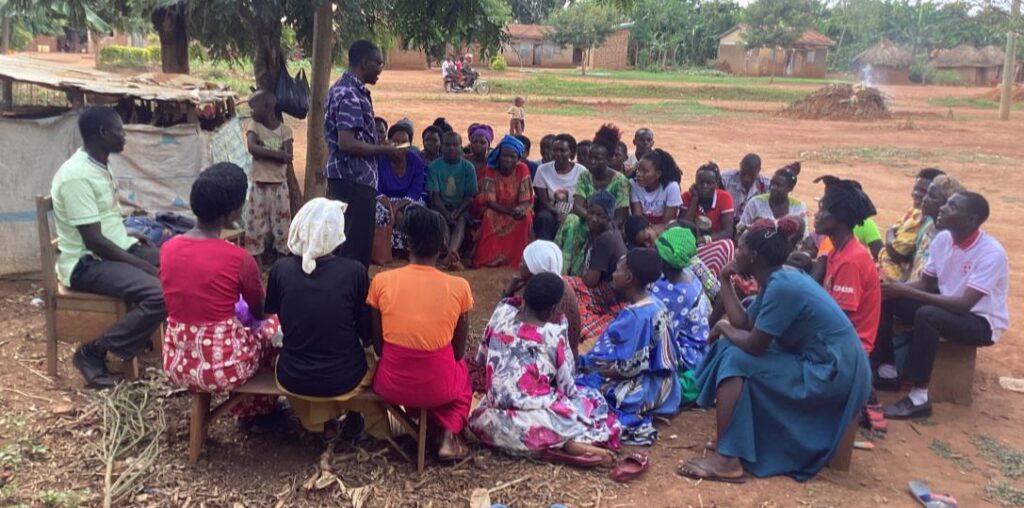
In Uganda, Ssemanda Joshua Robert, a pastor with a heart for the poorest, has dedicated himself to equipping untrained pastors from across the country. Despite his own impressive qualifications, including 15 years of ministry and a master’s degree in theology, Joshua prioritises empowering those with limited access to theological training.
“I have trained pastors throughout Uganda,” Joshua explains, “and I’ve witnessed God using our team to open the eyes of countless church leaders.” This dedication became tangible in 2014 when Joshua assumed the National Coordinator role for Africans Teaching Africans (ATA).
ATA addresses a critical need in Africa, where Joshua says only 15% of pastors have any formal theological training. Their solution is a simple curriculum designed especially for pastors in rural villages and urban slums. The programme’s impact is evident in the stories of young pastors like Nsubuga John and Jude Ssekyanzi.
John, a pastor from an informal settlement outside Kampala, shares, “Before ATA’s training, I didn’t know how to interpret the Bible. I blindly followed everything the preacher said.” Thanks to ATA, John says he can now “read and study the Bible carefully.”


Jude, unable to afford Bible college fees, found hope with ATA. “The program opened my eyes to God’s Word and ministry,” he says. “It also made me aware of the dangers of false teachings used for personal gain.”
Joshua emphasises the consequences of inadequate ministerial training and oversight. He shares the story of Vincent, a young man misled by a church that taught that God does not forgive and that Christians must avenge everyone that hurts them so they feel the same pain they have caused. Through Joshua’s guidance, Vincent now seeks proper theological education.
“We need to save such young men,” pleads Joshua, highlighting the urgency of equipping future leaders.
A key barrier to effective training is the lack of affordable Bibles in local languages. Many pastors arrive at ATA sessions empty-handed. “We’ve been helping leaders own a Bible, but the need remains immense,” Joshua explains.
“In Uganda, a Bible in your own language is a powerful gift. We greatly appreciate the support we’ve received from APF donors to buy Bibles for rural pastors in remote Ibanda District, and we keep praying for your continued support.”

